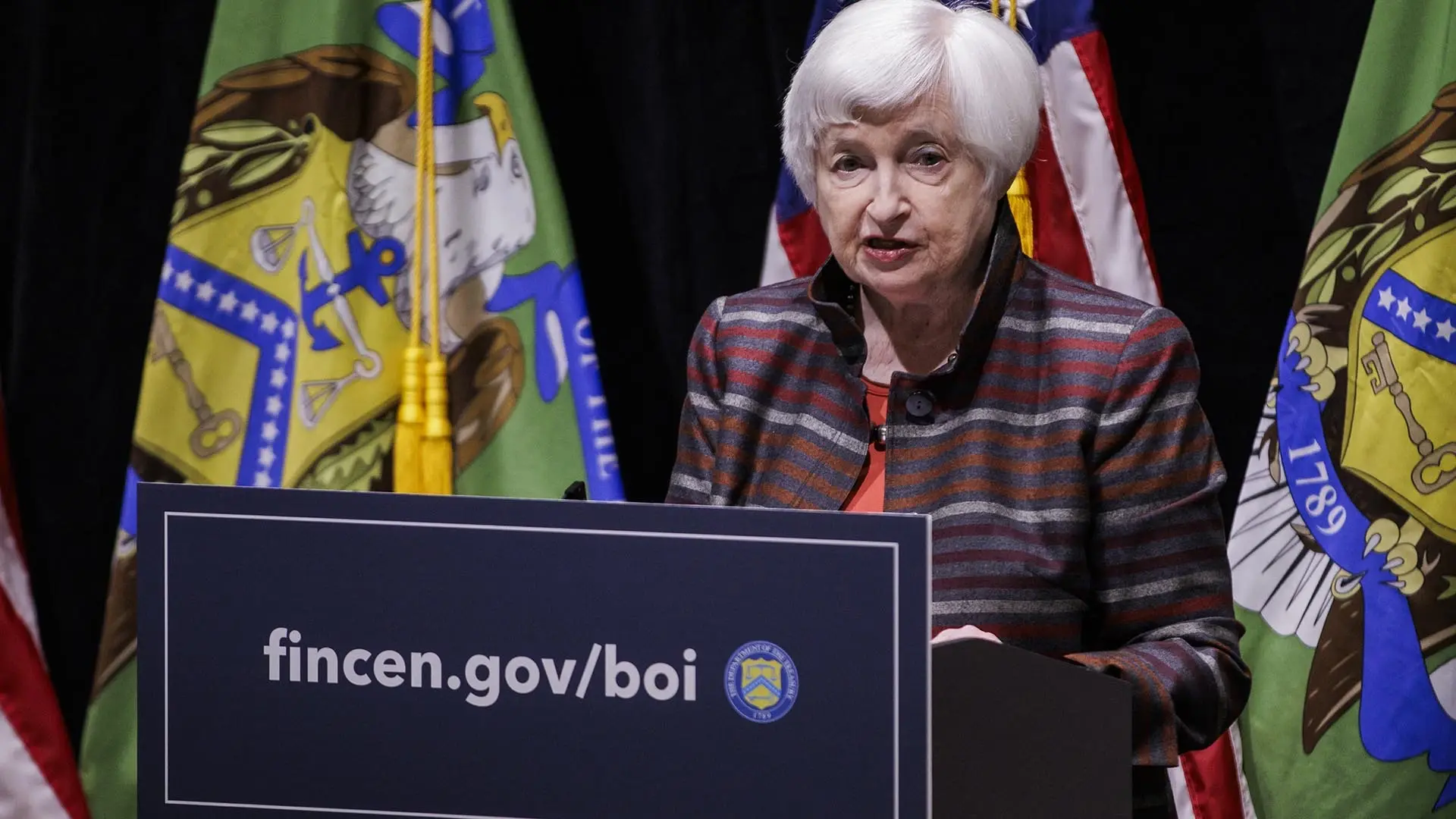The rollout of a landmark company ownership registry officially launched by the United States Treasury Department on Jan. 1 and aimed at fighting dirty money flows in the U.S. has been met with political attacks and the spread of misinformation, amid ongoing tensions around the transparency tool.
The beneficial ownership registry will collect the names of companies’ owners to unmask anonymous shell companies commonly used by criminals to hide dirty money and nefarious business activities. The information will only be disclosed to law enforcement agents, bank compliance officers and relevant regulators.
But the database’s apparently successful launch spurred a new round of criticisms and challenges from business groups and their allies on Capitol Hill — attacks that some advocates fear could spread misconceptions about the new law.
Last week, a Republican-led committee in the U.S. House of Representatives blasted the new database for presenting small businesses with a “mountain of red tape,” and asserted that noncompliance could lead to jail time for small business owners.
“Every single small business in America will be forced to comply with these new, onerous, and overly complex regulations,” stated an extensive statement released by the House Committee on Financial Services.
About a week after its launch, Treasury Secretary Janet Yellen announced that 100,000 U.S. companies had already submitted their ownership information to the database.



I guess they don’t want all their shell companies listed in one place.